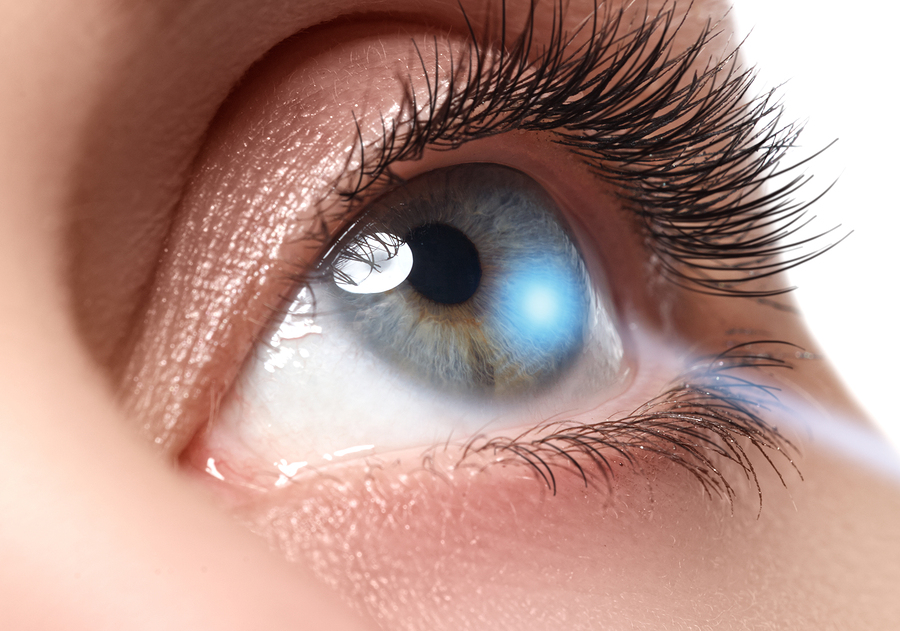- Make It Yourself Lavender Heart-Shaped Bath Bombs!
- 20 Things You Never Knew About “Down There”
- 12 Best Foods For Those Suffering From Arthritis Pain
- 12 Personal Hygiene Mistakes Almost Everyone Makes (Mom Never Told You About #4!)
- 15 Medicinal Plants And Herbs From The Cherokee People
- 12 Mind-Blowing Benefits Of Drinking Coconut Water During Pregnancy
- 12 Outstanding Winter Foods That Won’t Fatten You Up Like A Christmas Turkey
The 4 Food Groups That Will Save Your Eyesight! (You’ll Be Amazed By #4!)

Photo credit: bigstock.com
While most people realize that diet has an effect on one’s immune system and energy levels, they probably don’t know that what you eat can affect your visual acuity as well. Good vision is often thought of as one of those things that you either have or you don’t. But it turns out that making some simple changes to your diet can help keep your eyes strong, and your vision sharp throughout your life. In this article we’ll list and explain the most beneficial foods for maintaining your eyesight.
So what are the best foods for protecting your eyesight?
Generally speaking, fruits and vegetables are going to be the most beneficial, but there are other foods, like nuts and certain animal proteins, which can be very beneficial as well.
1. Fruits & Vegetables
Ever heard that eating carrots will help you see in the dark? There’s a reason for that. Carrots are the one vegetable that is most widely associated with improving eyesight. This is due to the high concentrations of beta-carotene, which is an important nutrient for preserving eyesight and is found in many of the foods associated with improved vision. Other vegetables that are orange in color, like sweet potatoes, yams, pumpkin, and squash, offer the same benefit.
Beta-carotene is a nutrient that the body converts to vitamin A. This vitamin consists of a group of compounds that are beneficial to preserving eye sight and protecting the eyes from infection. Vitamin A improves the ability of the cornea (eye’s surface) and mucus membranes to defend against bacteria. It also helps strengthen the immune system and improve skin health.
One of the tell-tale signs of vitamin A deficiency is trouble seeing in the dark. Also known as “night blindness,” a decline in visual acuity linked to insufficient amounts of vitamin A can be reversed by eating foods rich in this nutrient.
It is important to note that vitamin A is toxic in very high doses. For this reason, it is recommended that you ingest it via whole foods rather than by supplements. When you eat whole foods rich in beta carotene, you generally don’t need to worry about overdosing, since the body only converts as much as it needs.
Continue to Page 2
































